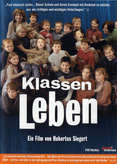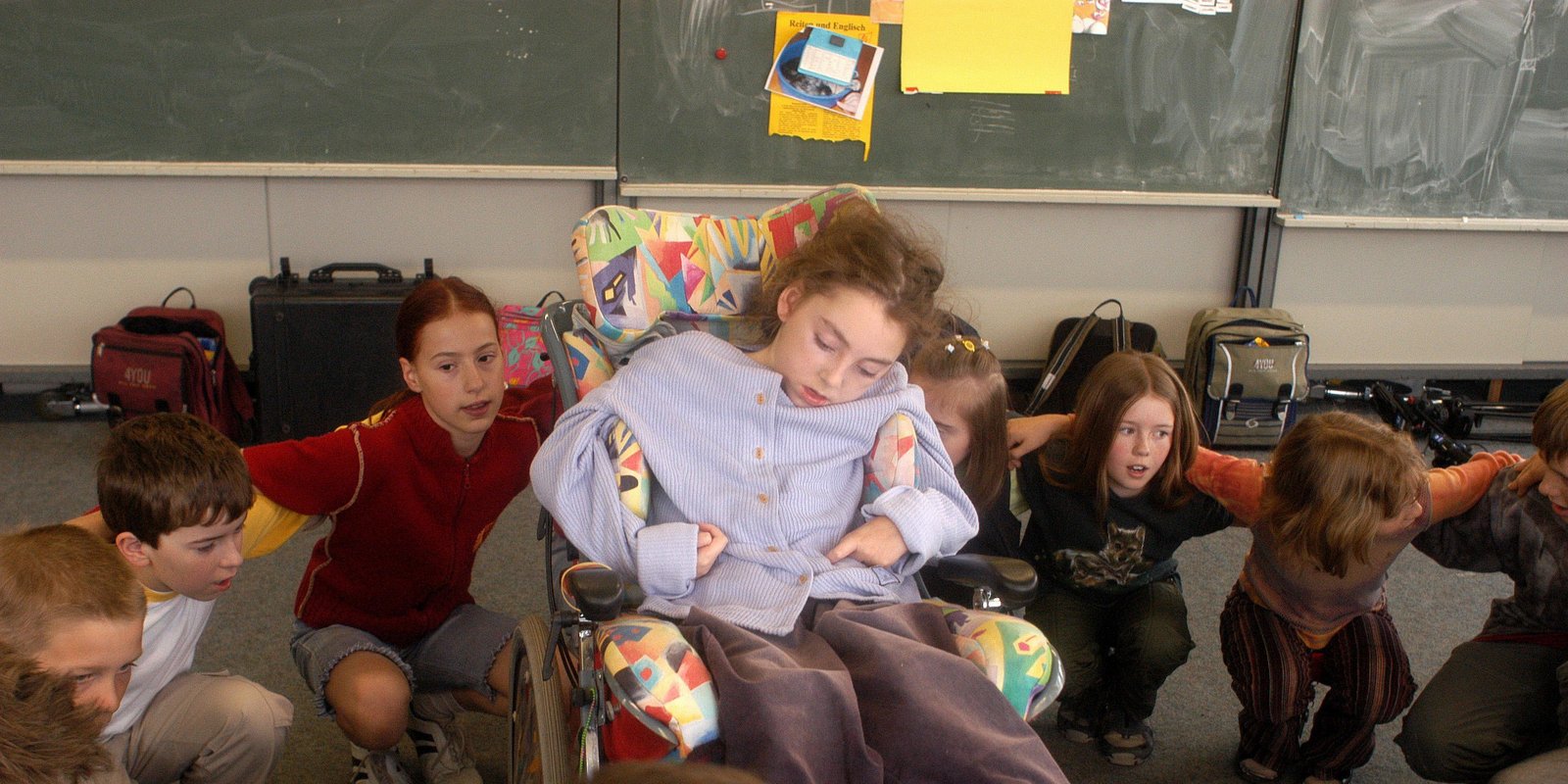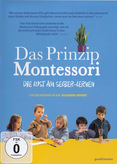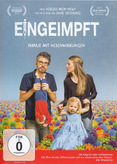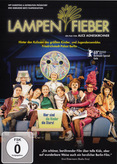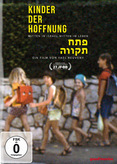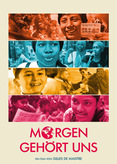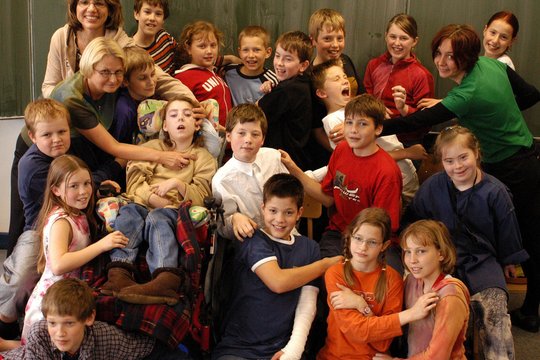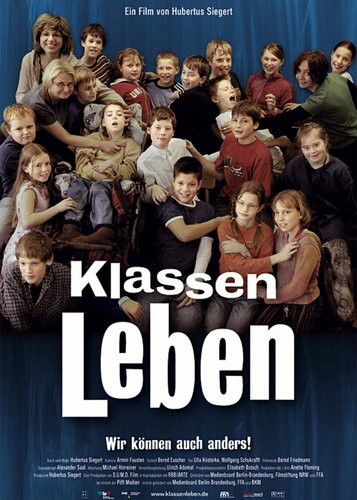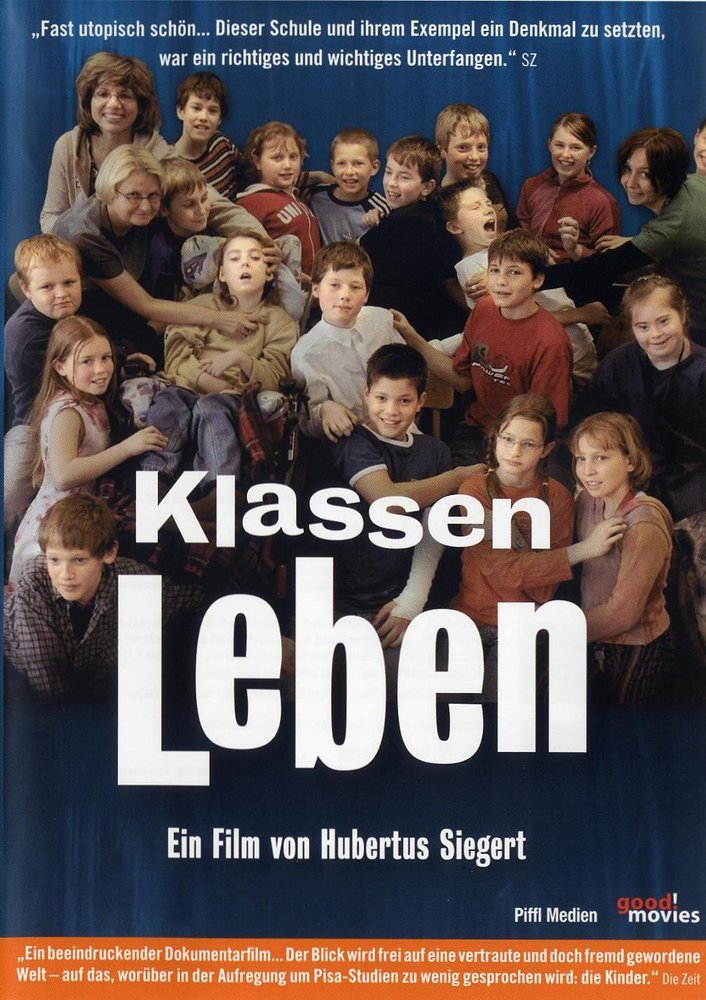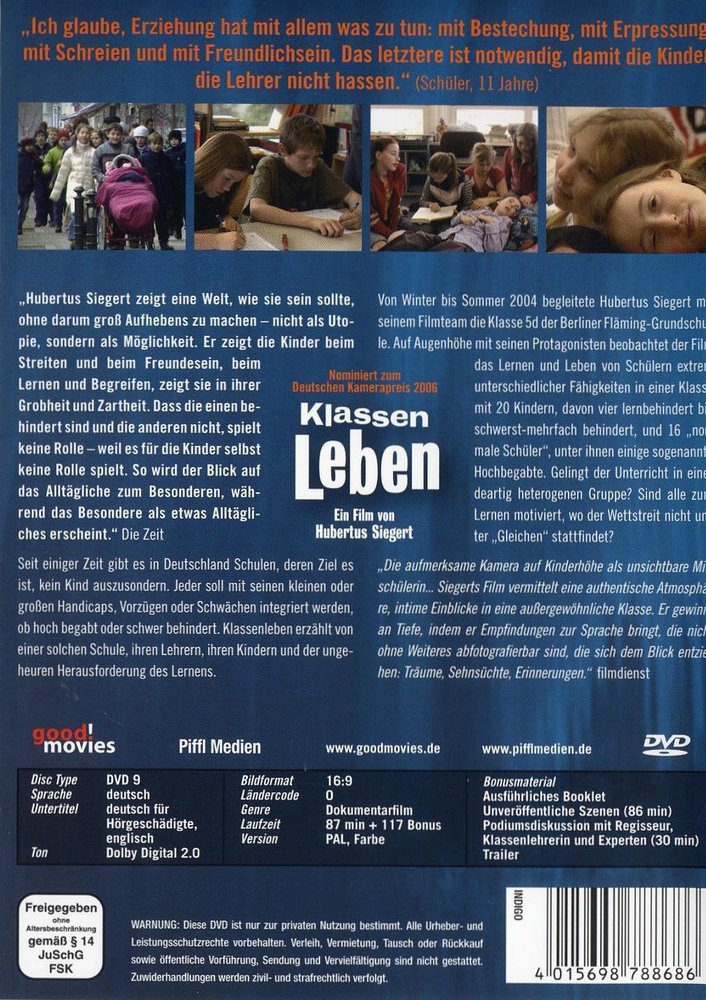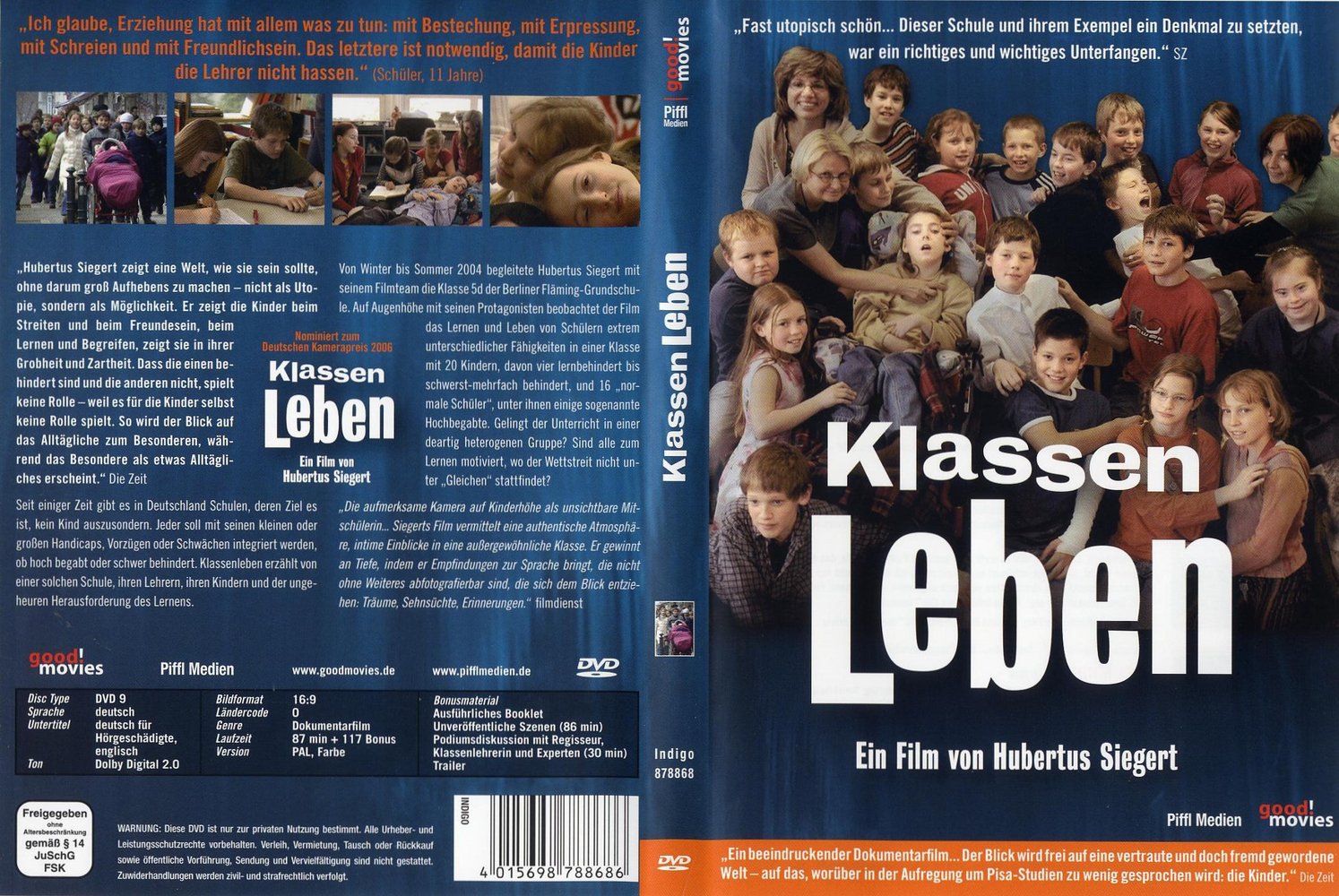Ein halbes Jahr begleitete Hubertus Siegert mit einem kleinen Team eine Klasse Elfjähriger der Fläming-Grundschule in Berlin-Schöneberg. Diese 5. Klasse steht im krassen Gegensatz zur deutschen Regel, dass Kinder mit elf Jahren auf getrennte Schultypen sortiert werden, aufs Gymnasium, die Real- oder Hauptschule, sowie auf die meist vergessene Sonderschule. Der Film zeigt die 5d von Februar bis Juni 2004, eine Klasse mit 20 Kindern, davon vier behindert, lernbehindert bis schwerst mehrfach behindert, die nicht benotet werden, und 16 normale Schüler, unter ihnen einige hochbegabt. Die Klasse hat zwei Betreuerinnen, einige Fachlehrer und die Klassenlehrerin, Frau Haase. Sie gilt als streng, hat sich laufend fortgebildet und sie liebt das Theater. Die Schule sammelt bereits seit 1975 Erfahrungen mit dem Konzept, kein Kind aus einer Klasse auszuschließen. Gelingt eine derart heterogene Klasse? Sind sie zum Lernen motiviert, wo der Wettstreit nicht unter Gleichen stattfindet, in einer Klasse, in der keiner sitzen bleiben soll? Das Niveau der Klasse gilt jedenfalls als überdurchschnittlich hoch. Das Konzept der Klasse hat ein weltweites Renommee, aber es hat bis heute kaum wirkliche Nachahmung oder gar Verbreitung gefunden. 'Klassenleben' beobachtet diese Gruppe von Schülern und Pädagogen am Rande des Scheiterns, am Rande des Gelingens und zeigt ein Bild von Erziehung, das im viergeteilten deutschen Schulsystem völlig überrascht.In der solitären und vehementen Umsetzung dieses Ideals von Erziehung gerade in Deutschland äußert sich der drängende Wunsch nach Integration, der typisch ist für das Land und seine schwierige Geschichte.
Weiterlesen »
For half a year, Hubertus Siegert accompanied a class of eleven-year-olds at the Fläming Primary School in Berlin-Schöneberg with a small team. This 5th grade is in stark contrast to the German rule that children at the age of eleven are sorted into separate types of school, to the Gymnasium, the Realschule or Hauptschule, as well as to the mostly forgotten special school. The film shows the 5d from February to June 2004, a class with 20 children, four of whom are disabled, learning disabled to severely disabled, who are not graded, and 16 normal students, some of them highly gifted. The class has two supervisors, some subject teachers and the class teacher, Mrs. Haase. She is considered strict, has continuously trained herself and loves the theatre. The school has been gaining experience with the concept of excluding no child from a class since 1975. Will such a heterogeneous class succeed? Are they motivated to learn where the competition does not take place among equals, in a class in which no one should remain seated? In any case, the level of the class is considered to be above average. The concept of class has a worldwide reputation, but it has hardly found any real imitation or even dissemination to this day. 'Class Life' observes this group of pupils and educators on the verge of failure, on the verge of success, and shows a picture of education that is completely surprising in the four-part German school system. The solitary and vehement implementation of this ideal of education, especially in Germany, expresses the urgent desire for integration, which is typical of the country and its difficult history.
More »
